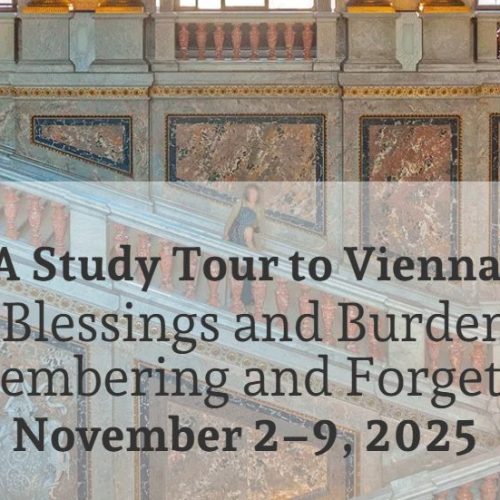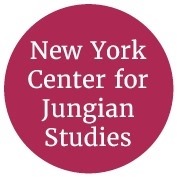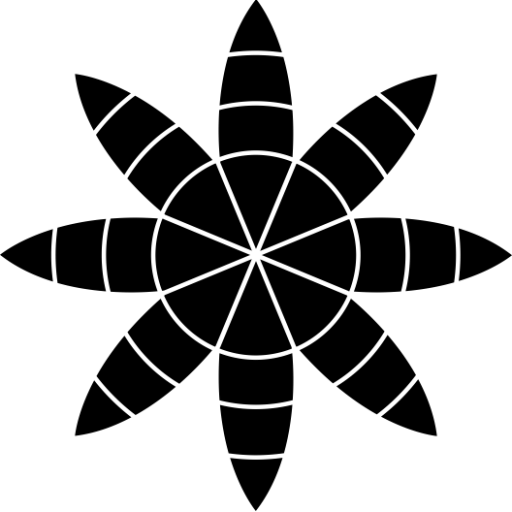
Date
- Jul 21 - 25 2022
- Expired!
Time
UTC-4- 8:00 am - 6:00 pm
Local Time
- Timezone: America/New_York
- Date: Jul 21 - 25 2022
- Time: 8:00 am - 6:00 pm
Cost
- $345.00
Speakers
- Ann Ulanov
- Jan Bauer
- Jean Shinoda Bolen
- Thomas Singer
- Phil Cousineau
Location
- Online-Zoom
Organiser

New York Center for Jungian Studies
Phone
845 256 0191Website
https://jungian.directory/related_organisation/new-york-center-for-jungian-studies/Jung on the Hudson Seminar – Passions and Complexes: The Forces That Drive Us
It seems that today everyone and everything is full of intensity, whether it is left or right, right or wrong, moral or immoral. Consequently, many of us are feeling this intensity in ourselves, in our circles, and in our lives. What is driving this intensity? Certainly, there are enough world circumstances to stir extraordinary emotions. But are we being driven by our passions or our complexes? Passion is described as a feeling of intense enthusiasm towards someone or something; a strong or violent emotion—often so powerful that it takes over the mind or judgement. Passion can draw us to our life’s love or cause us to regress into anger and violence.
Jung understood complexes as feeling-toned ideas which have their origin in response to profound emotional experiences—psychic contents which are outside the control of the conscious mind. Someone with a difficult childhood can turn to a life of conflict and despair or understand and overcome the impediments. In some ways, complexes and passions are similar in that they both affect our emotions, positively or negatively. Both can drive us toward our aspirations or thwart our best efforts. Both can be elusive, concealed in the unconscious, operating autonomously unless we become aware of their presence and their impact on us. As long as one is unconscious of the passion or complex, one is liable to be driven by them. The dichotomy of these two forces offers us options if we have the will to unearth these subterranean elements in our psyche. Understanding the unconscious forces at work within allows us to recognize the hurdles or opportunities available to us. Rather than impede our development, it could move us toward new possibilities.
This program can be attended individually or with the accompanying "A Weekend with Donald Kalsched"
Schedule:
Sunday, July 17 | 6:00–8:00 p.m. | Keynote Presentation: Jean Shinoda Bolen
Passionate Energies, Creativity, Activism, Individuation in Troubled Times
At this time of global pandemic, climate change, polarizing politics, and war in Ukraine, we can be both grateful and uncomfortable with the privileges and responsibilities that we have and the inner tensions and conflicts that exist in us and between us and others. Do we act on or suppress what we feel and think? Passionate energies often underlie the Jungian concept of Individuation and can be a source of perseverance. Whatever it is that is fueled by the depth of passion in us for something that deeply matters to us can result in becoming who we were meant to be. The opposite can occur when an individual in a position of power is taken over by a complex, identifies with it and loses touch with compassion. In her keynote presentation, Jean Shinoda Bolen will explore the liminal time we are in, the dichotomy of the forces at work, and the options available to move us toward new possibilities.
Monday, July 18 | 12:00–1:30 & 2:00–3:30 p.m. | Thomas Singer
Cultural Complexes in the Life of Individuals, Groups, and Nation States
Cultural Complexes are ubiquitous in the psyches of individuals and groups. Their deep and unconscious effects can be enormously destructive as well as provide a strong sense of identity. In this presentation, Dr. Singer will explore the notion of cultural complexes and how they live inside us as individuals, as members of groups, and as citizens of nation states. The presentation is based on a series of articles and books that he has written and edited over the past two decades which have focused on complexes in Australia, Latin America, Europe, Southeast Asia and the United States. The initial part of this presentation will provide a history for the development of the idea of cultural complexes in the Jungian tradition with the second part exploring this notion through examples of both individuals and large groups. In the context of unfolding events in Russia, the Ukraine, and the response of the rest of the world, we will work together to see how the concept of cultural complexes may shed some light on this current world crisis.
Tuesday, July 19 | 12:00–1:30 & 2:00–3:30 p.m.
| Phil Cousineau
The Secret Passion of Sisyphus
In a letter to Hans Schmid Gusiasan, C.G. Jung wrote, “Surely, Sisyphus was an idealist, wasn’t he?” Jung was referring to the decision Sisyphus made when he revealed the dangerous truth about Zeus’ abduction of the maiden Aegina, which resulted in his infamous punishment of rolling the boulder up the mountain in Hades’ Underworld only to have it roll right down so that he had to start the process all over again. For three thousand years, this ancient story has provided us with a mythic image for the passion-driven life, as well as a metaphor for the struggle for consciousness. Later, in medieval times, it transmogrified into a cautionary tale about disobedience while today it is regarded as an existential parable for the struggle for justice. Albert Camus boldly concluded: “The struggle itself towards the heights is enough to fill a man’s heart. One must consider Sisyphus happy.” By way of presentation and workshop, storytelling and art, Phil Cousineau will offer a mythopoetic approach and illustrate how this, and other myths reveal a remarkable model for individuation and a reflection on the agonies and ecstasies of the creative life.
Wednesday, July 20 | 12:00–1:30 & 2:00–3:30 p.m. | Ann Ulanov
Scapegoating, Projection, and New Forms Emerging
We live in troubled times with an intensification of violence and proliferation of uncertainties. The extreme schisms that exist all around us today create profound and deeply felt affective states. It can feel like a crossroad where complexes seem to grasp us collectively as well as personally. This presentation will explore the dynamics of scapegoating and projection, as well as new forms that are emerging which can bring together and heal the psychological rifts that divide us. These new forms attract our passion to make the world better and contribute to the many blessings of this amazing life we are given to live.
Thursday, July 21 | 12:00–1:30 & 2:00–3:30 p.m. | Jan Bauer
Whose Passion Anyway? And Whose Intensity? The Role of Collective Memory in Creating Light and Shadow in Times of Pandemic
In reflecting on the past few years, it is hard not to fall back on Yeats’ famous line, ‘the best lack all conviction while the worst are full of passionate intensity’. It seems that a loss of passion and low grade depression has been more the norm for many of us. Governments rule but don’t inspire, and public spaces have been emptied of their vital energy. Deprived of simple interpersonal energy exchange, many have found it difficult to get motivated. Alternatively, we have seen that there are pockets of huge intense energy, both altruistic and destructive, including, among others, health care workers desperate to save health and lives, on the one hand and anti-vaxers working hard to fight the mainstream standards on the other. So what does a poor regular individual do caught between these extremes. Where is the collective energy to help us reconnect and how come it took a war in a far off country to do so? In particular, this presentation will explore how the notion of collective memory contributes to our personal complexes and our group passions.
The event is finished.
Related Events


